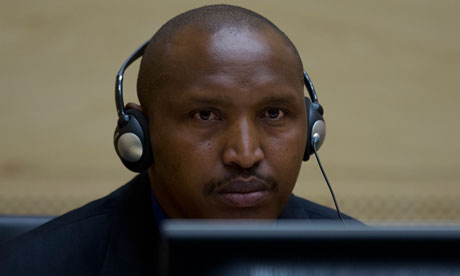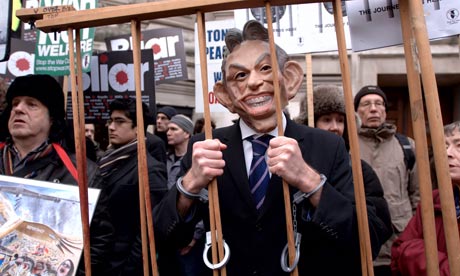By Alexandra Sandacz
Impunity Watch Reporter, Europe
MOSCOW, Russia – A Russian-born teenager who was adopted by an American couple fled back to his grandmother in Russia. He claims that his American adoptive family treated him badly and he was forced to live on the streets of Philadelphia.

Steve and Jackie Salotti adopted Alexander Abnosov, now 18, around five years ago. The teen attended the Methacton School District in Pennsylvania. However, he withdrew in 2012. Abnosov returned to the Volga river city of Cheboksary, where his 72-year-old grandmother lives.
Alexander Abnosov’s allegations will likely commence outrage over Russian children adopted by Americans. The Kremlin has already expressed anger with past American adoptions to justify its recent controversial ban on U.S. adoptions.
Futhermore, Moscow’s government also expressed anger over the US official’s decision not to prosecute Texas parents after their Russian’s son’s death was determined accidental.
Abnosov said his adoptive mother was “nagging at small things. She would make any small problem big.” He also stated he fled home because of the frequent quarrels with his adoptive mother and was forced to stay on the streets. He stated, “I was stealing stuff and sold them to get some food.”
He continued, “They threw me out. Probably they had stopped receiving benefits for me. To save money, they thought up how to do it.”
He also stated that he “wants to forget the five years he spent in America as soon as possible.” The teenager “now plans to start a new life, to get a job, finish studying and in spring pass the medical commission to serve in the army.”
Abnosov’s story was broadcasted on Russian state television, which tried to cast it as an example of what happens when Russian children are adopted by U.S. parents.
Abnosov’s grandmother stated, “I’ve been asking [child welfare officials] to give me the boy, but I was very ill then, and they told me I was too old and ill to raise him.”
Abnosov announced he plan to stay in Russia and is currently trying to find his place within the education system.
Although the Russian government banned all American adoptions of Russian children, in the past two decades, Americans have adopted around 60,000 Russian children. Various Russians disagree with the ban and believe it is politically driven.
For further information, please see:
GlobalPost – Russian Teen ‘Flees US Adopters Back to Grandmother’ – 26 March 2013
NBCNews – Adopted Teen Returns to Russia, Claims on State-Controlled TV He Was Badly Treated by US Couple – 26 March 2013
PerkiomenValleyPatch — Teen Adopted by Local Couple Claims Cruelty, Returns to Russia – 26 March 2013
USAToday – In Russia, Teen Complains of Adoptive US Parents – 26 March 2013



